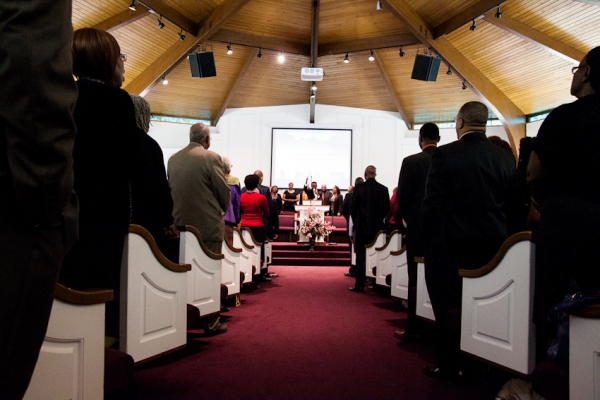I am always amazed at how disciplined wrestlers are. They say no to the goodies brought to class for birthdays and only eat a small portion of huge holiday meals. Wrestlers watch every item that goes into their mouth and weigh the pros and cons of each bite when cutting weight to qualify for their weight class. Then, after the season ends, they go back to a less regimented lifestyle.
As Christians, do we guard our hearts with such care or do we only do it for a short period? Do we watch every item that enters our ears, eyes, and minds? There are so many things in this world that we could live without. Not everything seems bad, but the bigger question is, “Is it good?” If it is not bringing us closer in our relationship with Jesus, then it is taking us away from Him (James 4:4,8).
Little Things Need Big Attention
 Is this a movie I would be comfortable watching with Him (God) sitting next to me, or music I would listen to with Him, or a book that I would read with Him? If not, then it is probably not something I need to do.
Is this a movie I would be comfortable watching with Him (God) sitting next to me, or music I would listen to with Him, or a book that I would read with Him? If not, then it is probably not something I need to do.
Life is full of choices every day. Someone once told me that I didn’t need to pray about every little thing, but that’s not true. God wants us to pray about everything, even the little things. It is those little things that we ignore that can slowly take us farther away from the person He wants us to be.
What if those wrestlers ate everything that wasn’t high in calories? It would still eventually add up to a lot of calories. The same is true for our small choices. They can be our success or downfall.
Today, I challenge you to really pay attention to everything around you that influences your life, your thoughts, and your relationship with Jesus. Then, fill your mind with things that honor God. In the end, you will be blessed and He will be glorified. Think about it.
So, What’s The Play Call?
- Is there something in your life that is keeping you from drawing closer to God?
- What can you do to make it easier to make good choices?
- In your life, do you have people who can be good sounding boards or can help you down the right path?




